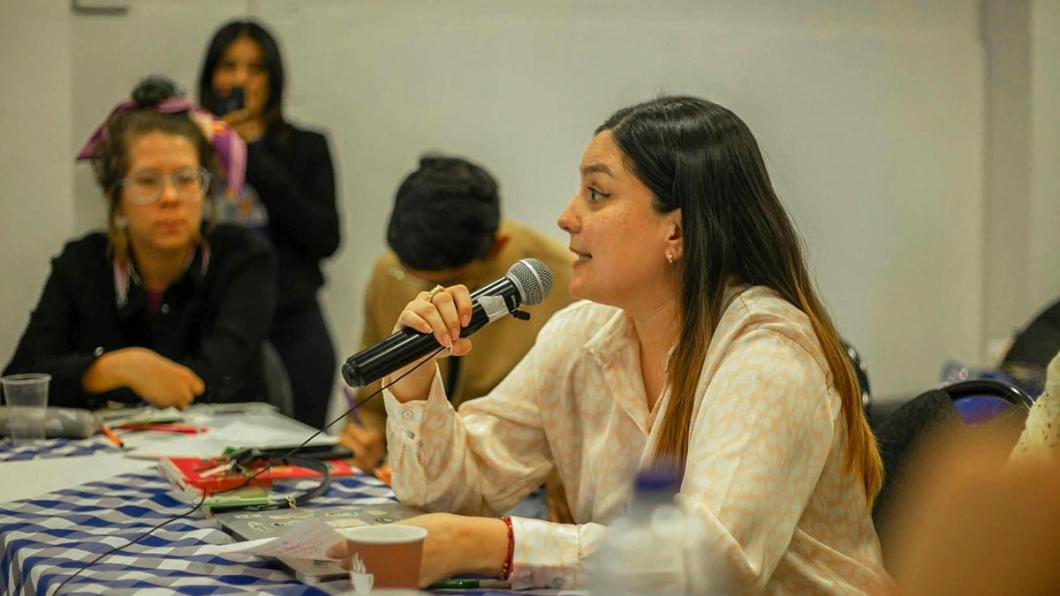
Authors suggest adding training, values and youth outcomes to existing standards
A youth-led correspondence published in The Lancet Child & Adolescent Health is calling for more robust standards on how researchers report youth engagement in research studies.
The correspondence, authored by Clementine Jarrett, youth voice representative with the UNITE program of research, along with Dr. Sarah Munce of the Bloorview Research Institute, and Drs. Alene Toulany and Colin Macarthur at The Hospital for Sick Children, responds to an article by Dr. Jason Nagata and colleagues that outlined a checklist for reporting youth and adolescent engagement in research.
Jarrett and colleagues commend the checklist but argue that reporting needs to go further. They propose three additions: training, values and principles, and youth outcomes:
- Training: reporting should note whether youth and adult team members received preparation to support meaningful collaboration. For youth, this might include an introduction to the research process. For adults, training could focus on youth-friendly communication, cultural and ethical responsiveness, and shared decision-making.
- Values and principles: researchers should report on the guiding values — such as reciprocity, empowerment and inclusivity — and how these were put into practice to avoid tokenism.
- Youth outcomes: reporting should capture not only how engagement shaped the research, but also how it benefited youth contributors themselves, for example through skill development, increased confidence or new social connections.
“These additions, the authors say, would help ensure youth engagement in research is not only visible in reporting but also meaningful, equitable and reciprocal.”
For Jarrett, who served as first author, the correspondence is an opportunity to push for more transparency.
“Young people bring lived expertise that can make research more inclusive and impactful,” Jarrett said. “We want reporting standards to show how youth were supported, what values guided their involvement, and how they themselves grew through the process.”
Munce, an implementation scientist at Holland Bloorview Kids Rehabilitation Hospital and senior author on the piece, said the correspondence reflects a growing commitment to making research partnerships more accountable.
“Youth engagement is increasingly recognized as critical to high-quality research,” she said. “By reporting on training, values and outcomes for youth, researchers can demonstrate that engagement is more than symbolic — it is a shared, ethical partnership.”
The correspondence is part of UNITE’s broader program of research on youth and family engagement in health research.
Read the full correspondence in The Lancet Child & Adolescent Health here: Training, values, and youth outcomes in adolescent and youth engagement in research
By Priyanka Shah, Manager, Research Communications, Bloorview Research Institute, Holland Bloorview Kids Rehabilitation Hospital
Photo source: Canva